A Moment of Radical Honesty and Talking Frankly about Modern Poverty in THE LIFE AND (MEDIEVAL) TIMES OF KIT SWEETLY, a guest post by Jamie Pacton
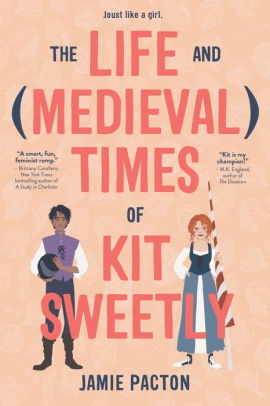
I think every writer puts a bit of themselves into the stories we tell and the characters we create. When writing my debut YA novel, THE LIFE AND (MEDIEVAL) TIMES OF KIT SWEETLY, I put a whole lot of myself into Kit. Her humor, her outlook on life, her flaws— all of these are mine. I based her love interest on my husband, and I even included embarrassing moments from my own life in the book (like that time I ended up inside a dumpster I very nearly couldn’t get out of; or, that time I yelled “I know CPR” when a stranger collapsed in a locker room and my friends went running for help). But, even with the amount of Jamie inside Kit’s story, there’s one element of my own life in the book that I struggle to be honest about: Kit’s poverty.
Like Kit, I’ve lived through some very lean times. Growing up, I was the oldest of ten kids, and although my parents both worked white-collar jobs (at least until I was a teenager and my dad lost his job), I’m sure feeding all of us, clothing us, and keeping the lights on was a stretch. I remember visits to food banks and a pantry full of cans long past their expiration dates. (Expiration dates were more of whimsical suggestions in my parents’ house, rather than guidelines for food safety). I also remember visiting friends’ houses and marveling at the toys, clothes, and bedroom space they had. It was all so nice and not second-hand, and I desperately wanted the same things. Even as early as elementary school, I used to beg my parents for a pair of Keds or a Guess t-shirt or every other silly material thing that seemed like it was the thing that would make me feel like I was as good as my friends.
ADVERTISEMENT
ADVERTISEMENT
Poverty followed me to college. Yes, I had a full scholarship, but I promptly lost it after my freshman year because I was working two jobs in order to have enough money to stay alive. After college, when I had a BA in English but no real professional skills, I worked sixteen-hour days across four jobs to pay the bills and make ends meet. I’d waitress the lunch shift at one restaurant; then, go nanny for a few hours after school; then, work a dinner shift at a different restaurant; and, finish my day by working overnight at K-Mart. I was perpetually exhausted, smoking too many cigarettes to stay awake, and somehow still poor. Even when I finally decided to go back to grad school, I couldn’t escape the shadow of poverty. I’m always embarrassed to admit this, but my husband and I were on food stamps in grad school because—thanks to the ridiculous notion that grad students can’t work outside jobs— we were both only working as TAs while supporting small children.
These days, although I’ve had many economic ups and downs in the years since my children were born, things are mostly much better. But, I wrote everything I know about being poor into THE LIFE AND (MEDIEVAL) TIMES OF KIT SWEETLY.
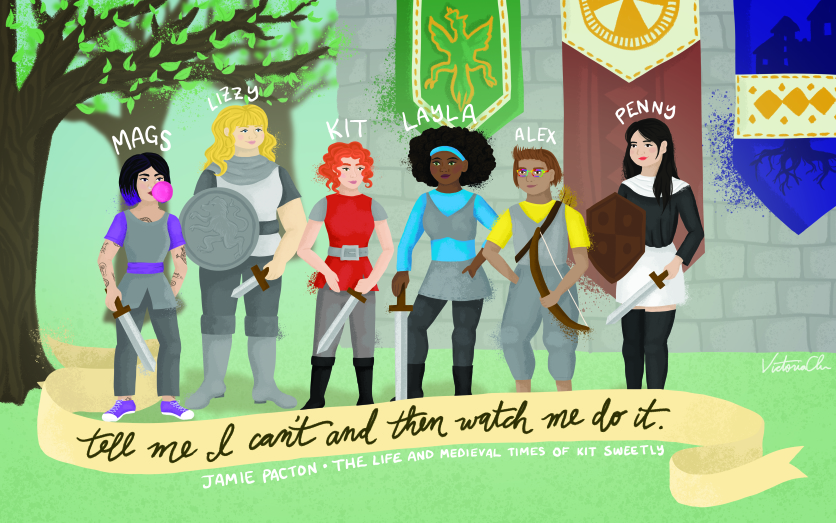
My intimate knowledge of food scarcity comes out in the “Cooler of Doom” Kit’s family keeps for storing food when their power is cut off; and, it’s there in the way Kit relies on the food she can get at work to keep herself fed. My awareness of my own economic disparity in relation to my friends is apparent as Kit tries to hide her poverty from her best friends. My struggle with balancing too many jobs and still just barely scraping by lurks in the way Kit and her entire family pool their tips to pay bills. My very real knowledge of the emotional toll that working too much and always being on edge about money takes is present in Kit’s brother Chris, who is just barely an adult, but already weary of working all the time. Even the way I used stimulants like cigarettes to stay awake or to trick my body into feeling full is present in the way Kit’s mom smokes. (I read about this same impulse in Stephanie Land’s MAID and viscerally understood so much she talked about in relation to being part of the working poor).
Some of the praise I’ve gotten for THE LIFE AND (MEDIEVAL) TIMES OF KIT SWEETLY calls it a “frank look at modern poverty,” and that’s thrills me because that’s exactly what I wanted to do in the book. I wanted to be honest about poverty and show a character who might look like she’s economically okay—after all, Kit has a house, a job, her brother has a car, and she’s planning on going to college— but just beneath the surface lies a slippery economic slope that threatens to send Kit and her family toppling.
Even with that intention in mind, however, this is the first time I’ve written about how Kit’s poverty mirrors my own experience. In interviews, I’ve happily talked about the feminism, the romance, the friendships, and even the absurd moments from my life that I wrote into the story. But, as I mentioned above, I’m embarrassed to tell people that I’ve been as poor as Kit (or poorer, in fact). For the longest time, I didn’t want people to know that I’ve lived on the edge and that I’ve fallen off it before. I never tell people that I’ve had government assistance or that I’m always comparing what I have materially (and finding myself lacking) based on my own childhood insecurities.
But why is poverty so hard to talk about? Why is there shame associated with it? Why would I feel embarrassed to say that there have been times in my life when I needed help? Why does saying I couldn’t make ends meet feel like a dirty secret?
I think the answers to these questions lie in the way poverty is talked about in modern America and the discourse of shame surrounding the notion of being poor. Too often, poor people are seen as lazy or they’re treated like their poverty is their fault. Or, even worse, they’re viewed as worth less than others because they don’t have money/stuff/privilege. (This is something I tackle head on in my next book, LUCKY GIRL, where the main character wins the lotto jackpot and grapples with the questions of can money really bring happiness or does too much of it just make people terrible?)
While these myths about poverty abound, most of the poor people I know are working too many jobs, trying to keep their kids alive, and striving to make their lives better. But, they’re laboring within an unfair system that keeps them impoverished (and, it must be noted, this unfair system is consistently kinder to white and/or able bodied people like Kit and myself than others, and that privilege is not negligible). Healthcare is expensive; food is expensive; if you don’t have a car, you can’t get to work reliably; and, the list of ways to stay poor when you’re already there goes on and on. Many excellent non-fiction books have been written about the nearly impossible-to-break generational cycle of poverty in America, and I think it’s important to talk about this in YA fiction as well.
ADVERTISEMENT
ADVERTISEMENT
The notion of radical honesty contains many elements, but a core one is that you can bring about change by being honest. I try to be honest in my life and in my fiction, so, I’ll just come out and say it: I have been very, very poor at certain times in my life. I’ve taken back $10 worth of groceries so I could put gas in my car. I’ve not known where my children’s next meal was coming from or how I was going to keep the lights on. It’s okay to admit those things, and stories of modern poverty need to be told so we can battle the stigma surrounding it. I hope THE LIFE AND (MEDIEVAL) TIMES OF KIT SWEETLY contributes in some small way to removing this stigma, and I hope it finds a kid who is as poor as Kit is (or I was) and helps them feel better about their own life, their circumstances, and their prospects for the future.
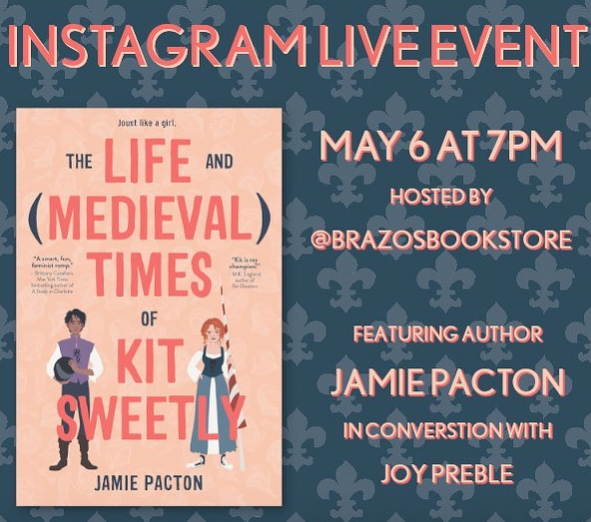
Meet Jamie Pacton
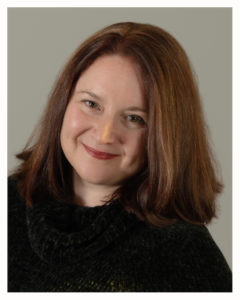
Jamie Pacton is a Young Adult and Middle Grade author who grew up minutes away from the National Storytelling Center in the mountains of East Tennessee. She has a BA and MA in English Literature, and currently teaches English at the college level. While pursuing her dream of being an author, she worked as a waitress, pen salesperson, lab assistant, art museum guard, bookseller, pool attendant, nanny, and lots of other weird jobs in between. Her writing has appeared in national and local magazines, and she spent many years blogging for Parents.com. Currently, Jamie lives in Wisconsin with her family and a dog named Lego. The Life and (Medieval) Times of Kit Sweetly is her debut novel. Find Jamie online at www.jamiepacton.com and on Instagram and Twitter @JamiePacton.
About The Life and (Medieval) Times of Kit Sweetly

Moxie meets A Knight’s Tale as Kit Sweetly slays sexism, bad bosses, and bad luck to become a knight at a medieval-themed restaurant.
Working as a Wench—i.e. waitress—at a cheesy medieval-themed restaurant in the Chicago suburbs, Kit Sweetly dreams of being a Knight like her brother. She has the moves, is capable on a horse, and desperately needs the raise that comes with knighthood, so she can help her mom pay the mortgage and hold a spot at her dream college.
Company policy allows only guys to be Knights. So when Kit takes her brother’s place, clobbers the Green Knight, and reveals her identity at the end of the show, she rockets into internet fame and a whole lot of trouble with the management. But this Girl Knight won’t go down without a fight. As other Wenches and cast members join her quest, a protest forms. In a joust before Castle executives, they’ll prove that gender restrictions should stay medieval—if they don’t get fired first.
ISBN-13: 9781624149528
Publisher: Page Street Publishing
Publication date: 05/05/2020
Age Range: 14 – 17 Years
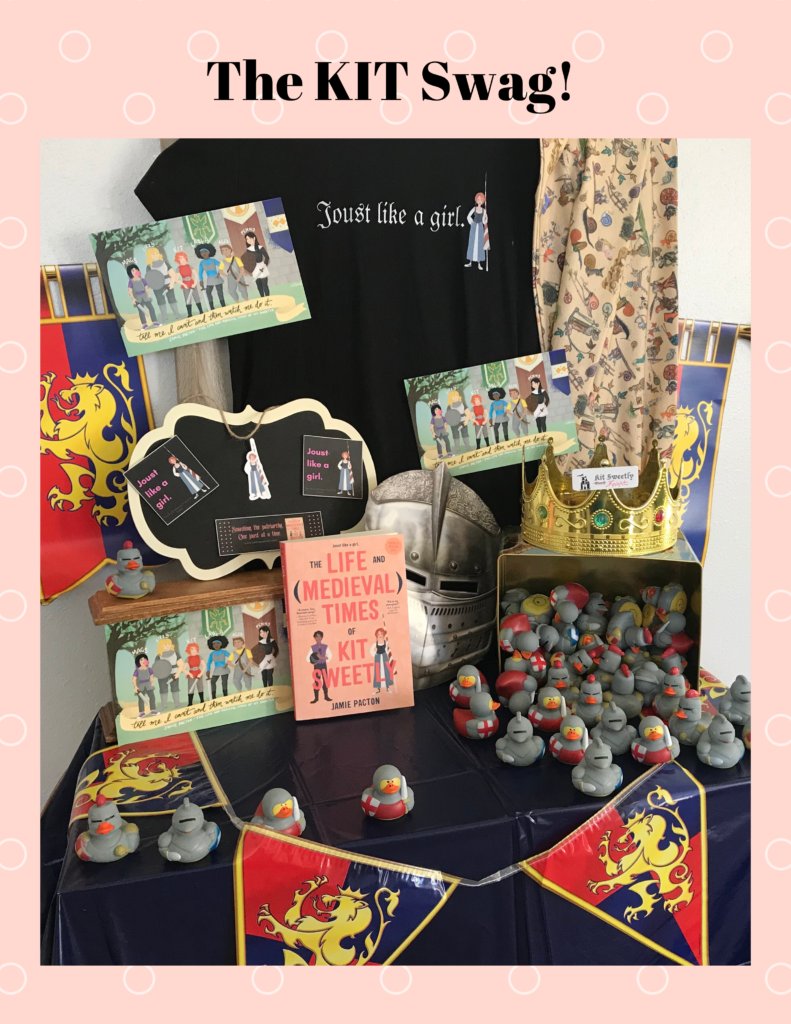
Filed under: Guest Post
About Amanda MacGregor
Amanda MacGregor works in an elementary library, loves dogs, and can be found on BlueSky at @amandamacgregor.bsky.social.
ADVERTISEMENT
ADVERTISEMENT
SLJ Blog Network
The 2025 Children’s Lit Animal Rankings
Review of the Day: Fireworks by Matthew Burgess, ill. Cátia Chien
Cat Man | Review
When Book Bans are a Form of Discrimination, What is the Path to Justice?
ADVERTISEMENT




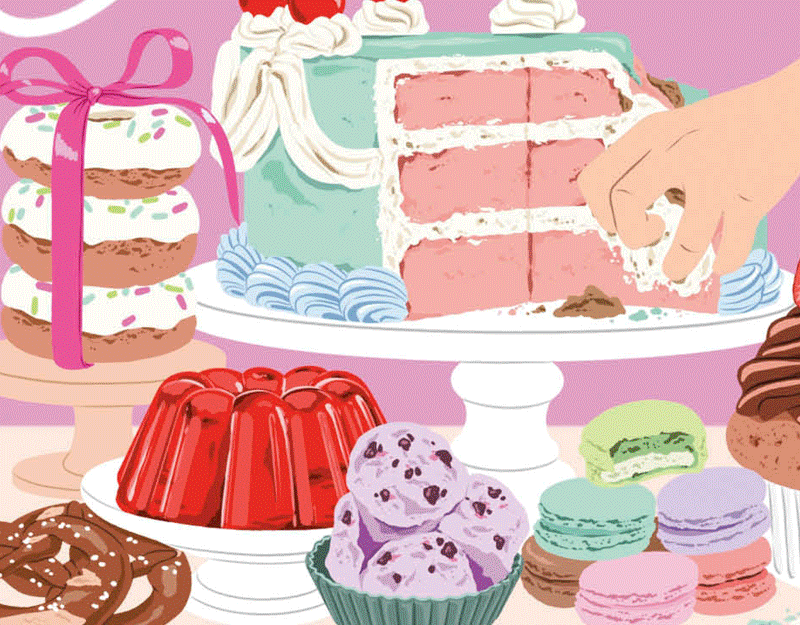

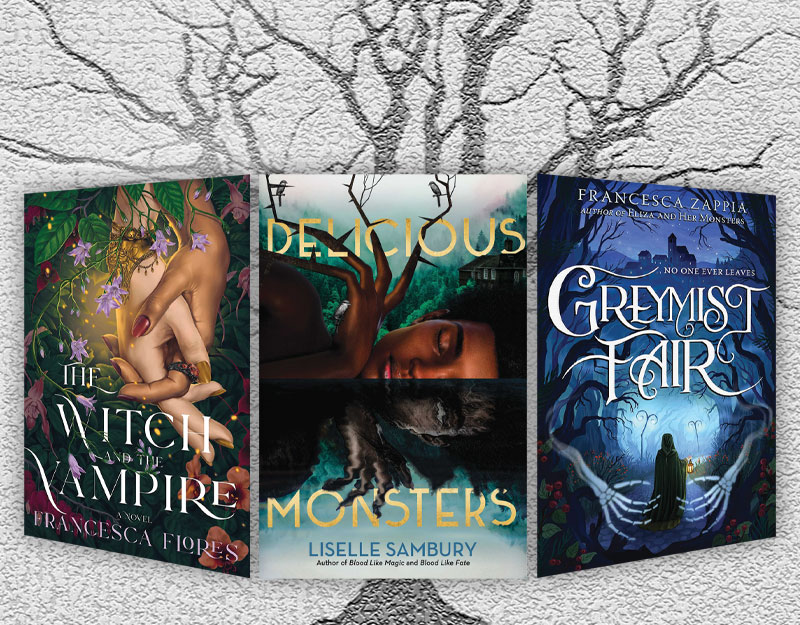
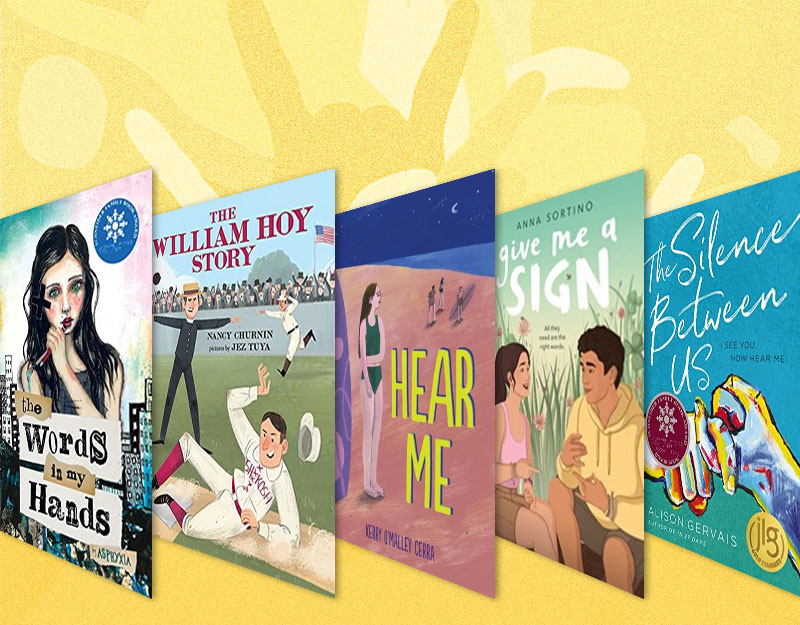
Nice post.